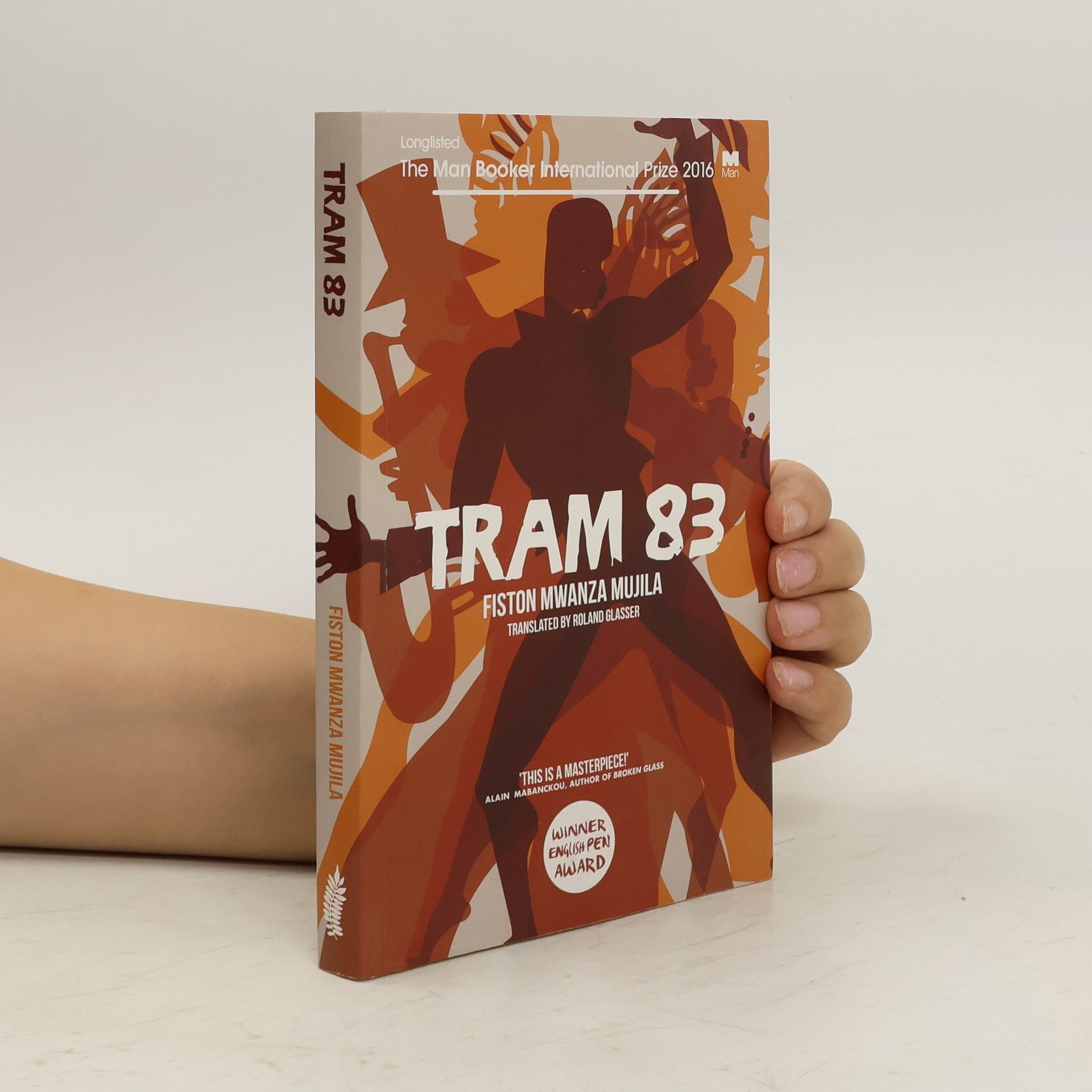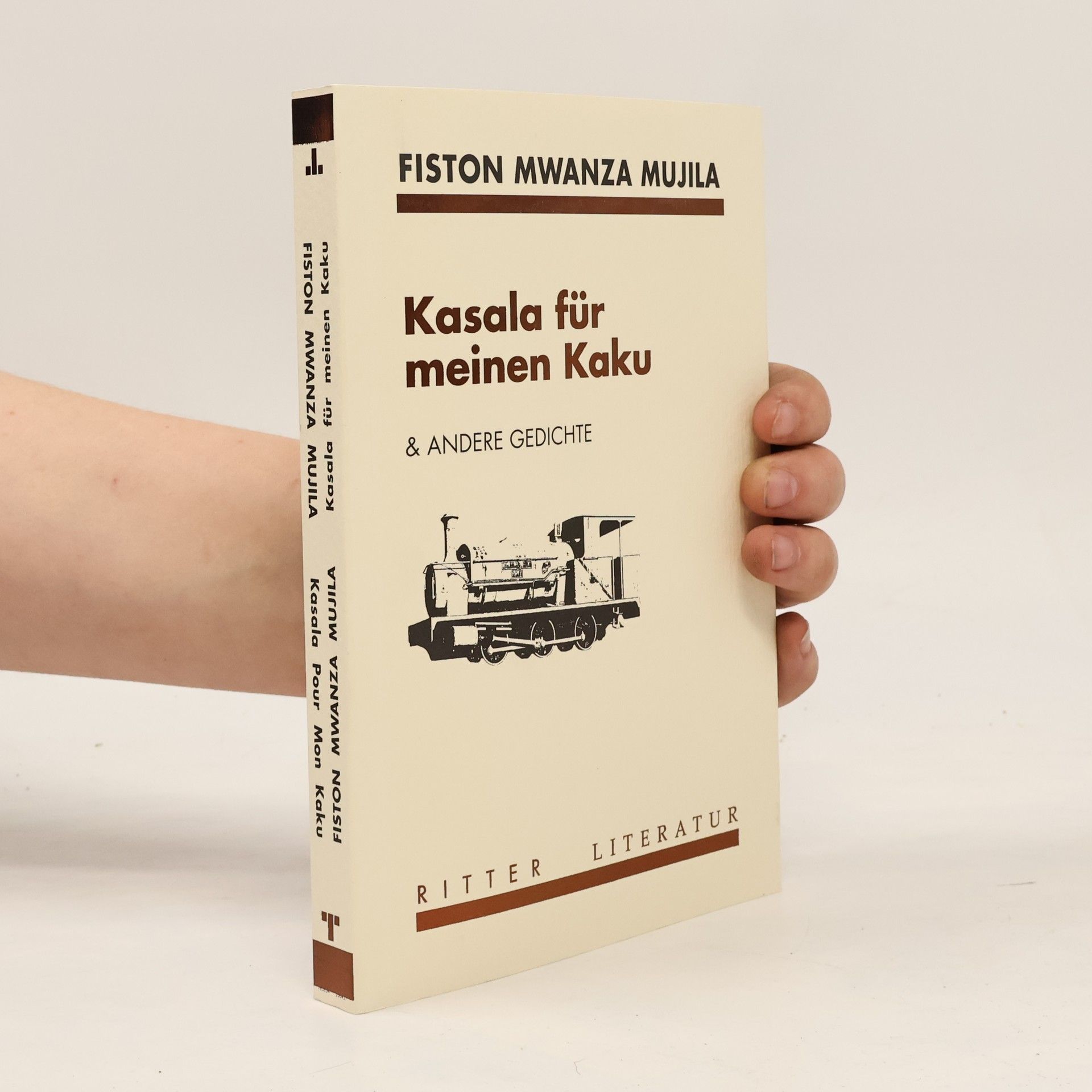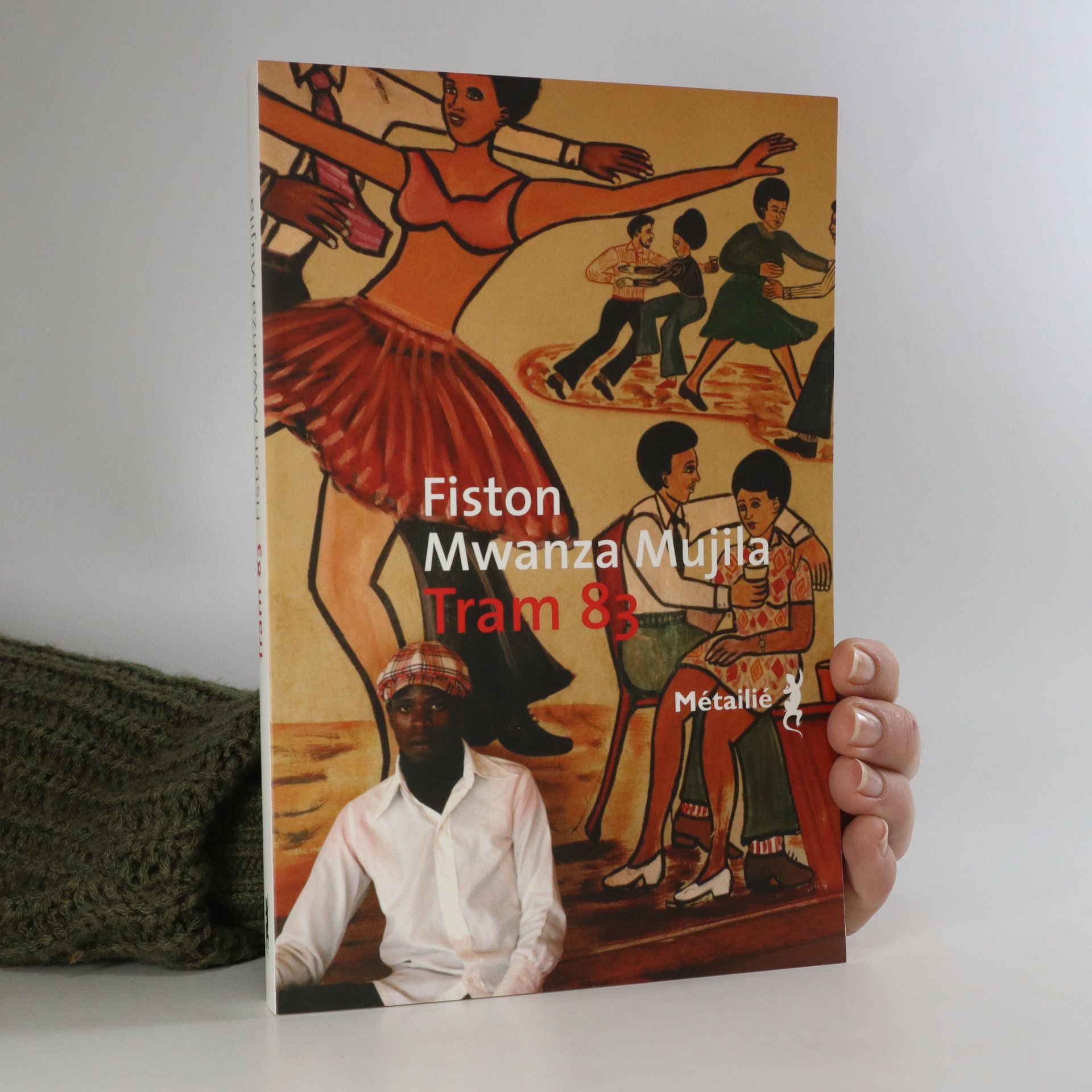Tous les soirs au Tram 83 on voit débouler les étudiants en grève et les creuseurs en mal de sexe, les canetons aguicheurs, les touristes de première classe et les aides-serveuses, les biscottes et les demoiselles d'Avignon, la diva des chemins de fer et Mortel Combat, bref, toute la Ville-Pays prête à en découdre sur des musiques inouïes, réunie là dans l'espoir de voir le monde comme il va et comme il pourrait dégénérer. Lucien, tout juste débarqué de l'Arrière-Pays pour échapper aux diverses polices politiques, s'accroche à son stylo au milieu du tumulte et se retrouve sans s'en rendre compte coincé dans une mine de diamants, en garde à vue, ou dans le lit d'une fille aux seins-grosses-tomates. Il émeut ces dames ! Pendant ce temps, Requiem, magouilleur en diable, ex-pote du susnommé, et Malingeau, éditeur et amateur de chair fraîche, se disputent allègrement les foules. Car dans la Ville-Pays, n'en déplaise au ridicule Général dissident, il n'y a qu'une chose qui compte: régner sur le Tram 83 et s'attirer les bonnes grâces de ce peuple turbulent et menteur, toujours au bord de l'émeute. Premier roman éminemment poétique et nerveux, Tram 83 est une incroyable plongée dans la langue et l'énergie d'un pays réinventé, un raz-de-marée halluciné et drôle où dans chaque phrase cogne une féroce envie de vivre. Bienvenue ailleurs.
Fiston Mwanza Mujila Livres
Fiston Mwanza Mujila crée une littérature en réponse aux turbulences politiques qui ont suivi l'indépendance du Congo et leur impact sur la vie quotidienne. Son style, comparé à des sommités telles que Fitzgerald, Céline et García Márquez, explore la dynamique de la vie au sein de ses œuvres. Son écriture explore des thèmes qui reflètent à la fois son héritage africain et sa vie contemporaine en Autriche. Les lecteurs peuvent s'attendre à une expérience puissante et poétique.






Anrufungen, Beschwörungen und Lobpreis (was „Kasala“ auf Kiluba bedeutet), Geschichten und Gesichter einer Stimme, die alle Instrumente einer Jazz-Band aus sich heraus zu orchestrieren scheint: Mit prallen, bunten Bildern, ebenso heiteren wie bestürzenden Szenen und Motiven inszeniert Fiston Mwanza Mujila eine mitreißende Dichterrede, deren kolossale Übertreibung jegliches Pathos implodieren lässt und umso schwungvoller poetische Energie zu entfesseln vermag – als Gegenfeuer zum Falschen des Bestehenden. Aus unterschiedlichen lyrischen Traditionen anklingende Obertöne erzeugen die Atmosphäre einer hybriden Welt, die sich aus Versatzstücken aus verschiedenen globalen Räumen und Zeitschichten amalgamiert. Wo alles möglich, real und surreal zugleich erscheint, versucht sich ein waches und empathisches Bewusstsein zu ver- orten: in der Bezugnahme auf den Kaku (den Urgroßvater bzw. Ahnen) und eine lebendige, animistische Überlieferung bringen die Gedichte Fiston Mwanza Mujila mit ihren treibenden Rhythmen und poetischer Wucht gängige Begriffe und Vorstellungen (post) kolonialer Lebenswelt ins Wanken.
The American Way
- 272pages
- 10 heures de lecture
This anthology re-examines America's foreign policy legacy through stories that explore the human cost of these interventions on foreign soil, by writers from that soil.
The River in the Belly
- 152pages
- 6 heures de lecture
In his debut collection of poetry in English, the widely acclaimed author of Tram 83 returns to the Deep Vellum catalog with a moving lyric meditation on the Democratic Republic of Congo and its namesake river.
In a city in secession, land tourists of all nationalities seek their fortune by exploiting the mineral wealth of the country. They mine during the day in and, as soon as night falls, they abandon themselves in Tram 83, the city's only nightclub. Lucien, a writer, fleeing censorship, finds refuge there with his friend, Requiem, a thief. Tram 83 plunges the reader into the atmosphere of a gold rush as cynical as it is comic and colourfully exotic. It's an observation of human relationships in a world that has become a global village.
"The Democratic Republic of Congo, otherwise known as Congo-Kinshasa or DRCongo, has had a series of names since its founding. The name of Zaire best corresponds to the experience of the novel's characters. The years of Mobutu's regime were filled with utopias, dreams, fantasies and other uncontrolled desires for social redemption, the quest for easy enrichment and the desecration of places of power. Among these events: Zairians' immigration to Angola during the civil war boycotting the borders inherited from colonization, as if the country did not have its own diamonds, and the occupation of public places by children from outside. The author creates the atmosphere of the time through a roundup of characters: the diviner Tshiamuena, also known as Madonna of the Cafunfo mines, prides herself of being God with whoever is willing to listen to her. Franz Baumgartner, an apprentice writer originally from Austria and rumba lover, goes around the bars in search of material for his novel. Sanza, Le Blanc and other street children share information to the intelligence services when they are not living off begging and robbery. Djibril, taxi driver, only lives for reggae music. As soon as night falls, each character dances and plays his own role in a country mined by dictatorship"--
Kasala Poems
- 200pages
- 7 heures de lecture
Fiston Mwanza Mujila introduces an innovative poetic form, showcasing his acclaimed talent as a poet and novelist. Known for his previous works such as Tram 83 and The Villain's Dance, he continues to explore profound themes and vibrant imagery in this new collection. Readers can expect a unique blend of rhythm and language that reflects his distinct voice and cultural insights.
This super cool cosplay costume planner is a must-have for anyone who loves to make costumes, whether you're a member of the theater at school, like to play dress up as a hobby, or headed to a fan convention! You will love this easy to use journal to track and record all your cosplay activities.
Zolitude
- 236pages
- 9 heures de lecture
Fantastical short stories that catalog moments in love and the suffering it brings.
14 Erzählungen, wie Fotografien eines einzigartigen urbanen Raums. Figuren wie in einem Labyrinth, klammern sich mit aller Kraft ans Leben. Können sie mit einer schmerzhaften Vergangenheit abschließen oder wenigstens bruchstückhaft Antworten auf die Rätsel ihres Lebens finden? Die Stadt dient mal als Szenerie, in der sich Tragik und Komik verflechten. Dann wieder ist sie die Hauptfigur, ein Ort der Sehnsucht und Entwurzelung. Eine Welt ohne Orientierungspunkte, in der Werte und Sicherheiten unendlich vielen Möglichkeiten und ambivalenten Zugehörigkeitsgefühlen weichen. Es bleibt nur die Sprache, um das Schicksal der Verdammten abzuwenden, die Sprache absoluter Bedingungslosigkeit. Und diese Sprache zieht sich durch alle Erzählungen: sarkastisch, theatralisch, mal mit Dialekt, fragend, suchend oder ganz intim.
